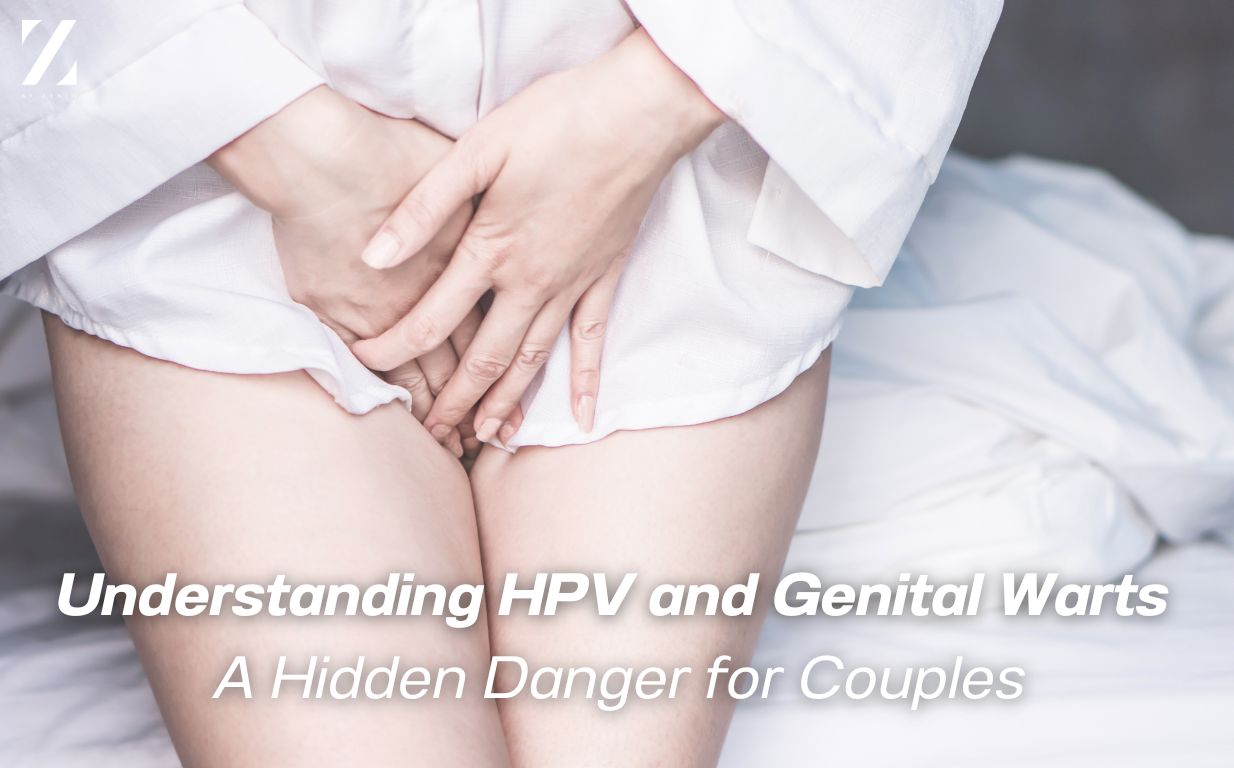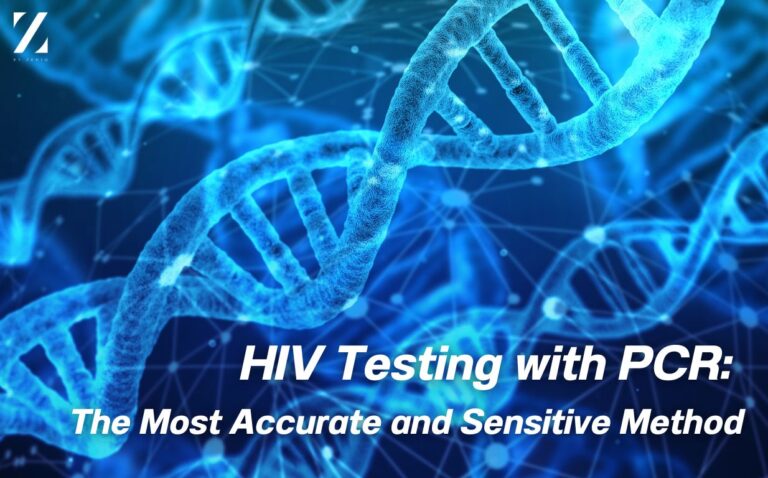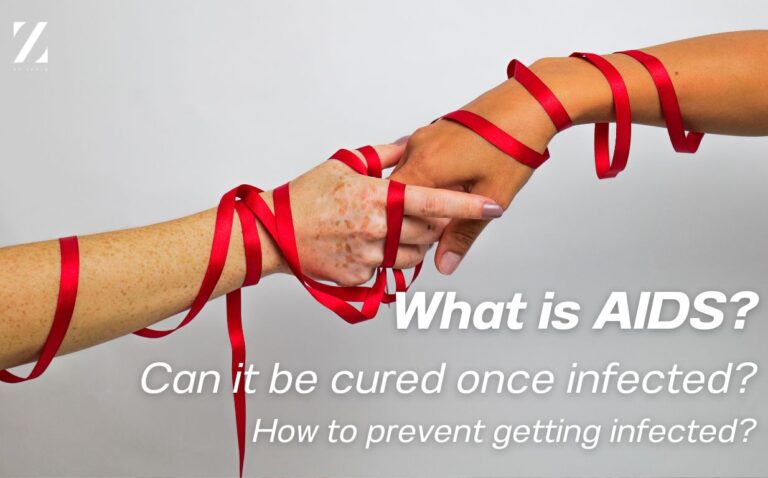Sexually transmitted infections (STIs) are serious health risks that require strict attention and protection. These diseases come in various forms, each with different levels of severity. One such infection is genital warts, caused by the human papillomavirus (HPV). This infection can be transmitted through unprotected sexual contact and can affect both men and women, with potentially severe health consequences. It’s important not to overlook this risk.
In this article, we will provide a detailed overview of genital warts, including the causes, symptoms, treatment options, and prevention methods, so that you can understand the disease and take proper care of your health.
What are Genital Warts?
Genital warts are a sexually transmitted infection caused by the human papillomavirus (HPV). The most common strains responsible for this condition are types 6 and 11, which are generally non-cancerous. These warts appear as small, raised bumps with a rough texture resembling a chicken’s comb or cauliflower. They are typically painless, soft to the touch, and range in size from 2 millimeters to 5 centimeters.
Causes of Genital Warts
Genital warts are caused by the HPV virus, which damages tissue and may leave scars. While this condition does not usually lead to cancer, infection with more aggressive strains of HPV can increase the risk of developing cervical or anal cancer. Factors that contribute to the spread of genital warts include:
- Sexual transmission: HPV can be spread through vaginal, anal, and oral sex between men and women, as well as between same-sex partners.
- Oral sex: Performing oral sex on someone with genital warts or an HPV infection (types 6 and 11) can lead to transmission.
- Kissing or intimate contact: HPV can be transmitted through kissing or close physical contact.
- Shared objects: Using shared items like glasses, towels, lipsticks, razors, or sex toys can also spread HPV.
- Weakened immune system: Individuals with weakened immunity, such as those with HIV or diabetes, are at greater risk.
- Herpes infection: Those who have previously had herpes may be more susceptible.
- Transmission during childbirth: A mother with genital warts can pass the virus to her baby during delivery.
Symptoms of Genital Warts
In the early stages, genital warts may not show any symptoms as the virus incubates. After about three weeks, individuals (both men and women) may begin to notice symptoms, which can include:
- Small bumps or rough growths on the skin
- Warts that can be single or clustered together
- Warts that are red, white, flesh-colored, or pink
- A wart shape resembling a chicken comb or cauliflower
- Itching, irritation, inflammation, or unusual discharge in women
- Bleeding at the wart site, especially during sexual intercourse
Common Areas for Genital Warts
Genital warts typically develop in moist, warm areas of the body. Common locations include:
- Around the genital areas (penis, vagina)
- Under the foreskin or on the scrotum
- On the lips or inside the mouth (in rare cases, under the tongue)
- On the cervix or inside the vagina
- Around the anus or in the anal canal
Are Genital Warts Dangerous?
Although genital warts caused by HPV strains 6 and 11 are generally not life-threatening and do not cause cancer, they can have significant psychological and physical effects. For example:
- Psychological impact: The appearance of warts can cause anxiety or a decrease in self-confidence.
- Sexual health: The physical appearance of warts may lead to a decreased desire for sex, as individuals may worry about further outbreaks.
- Co-infection: Some individuals with genital warts may also be infected with higher-risk strains of HPV, which can lead to cervical or anal cancer.
- Risk to newborns: If a mother has genital warts, there is a risk of passing the infection to her baby during childbirth. This could result in respiratory issues, and in rare cases, it may be life-threatening for the infant.
Diagnosis and Testing
To diagnose genital warts, doctors will examine the visible warts and may take a biopsy of the tissue to confirm the presence of the virus. If the warts are internal (e.g., on the cervix), further tests, such as a colposcopy or HPV DNA testing, may be required.
- Pelvic examination: A doctor may perform a pelvic exam to check for abnormalities in the pelvic area.
- Pap smear: This test is used to screen for cervical cancer, especially if the HPV infection is caused by high-risk strains.
- HPV testing: This test checks for HPV DNA to determine whether the virus is responsible for the warts or if a high-risk strain is present.
- Anal exam: For individuals with warts around the anus, an anal exam using a camera may be performed to check for abnormalities.
Treatment for Genital Warts
While genital warts typically do not resolve on their own, medical treatment can help manage the symptoms and prevent further outbreaks. Treatment options include:
- Topical medication: Creams or ointments that stimulate the immune system and prevent the warts from spreading.
- Surgical removal: Warts that are larger or resistant to treatment may be removed surgically.
- Electrocautery: Using heat to burn off warts.
- Cryotherapy: Freezing the warts with liquid nitrogen.
- Laser therapy: Used for large or difficult-to-treat warts.
Self-Care Tips
If you are diagnosed with genital warts, in addition to seeking medical treatment, there are several things you can do to manage the condition:
- Warm baths: Soaking in warm water for 10-15 minutes can relieve pain and itching.
- Avoid irritation: Do not rub the warts, and keep the area clean with lukewarm water.
- Follow your doctor’s advice: Use any prescribed medication as directed.
- Keep the area dry: Moisture can cause warts to grow, so keep the affected area dry.
- Avoid alcohol and smoking: These can weaken the immune system, making it harder for your body to fight the virus.
Can Genital Warts Recur?
Yes, genital warts can recur within six months for up to 70% of patients. This can happen due to ineffective treatment, re-exposure to the virus, or a weakened immune system due to conditions like cancer or HIV.
Prevention and Reducing the Risk
The best way to prevent genital warts is to:
- Get the HPV vaccine: This vaccine is highly effective in preventing genital warts and is recommended for both boys and girls starting at age 9.
- Use condoms: Consistently using condoms during sexual activity can reduce the risk of transmission.
- Limit sexual partners: Reducing the number of sexual partners lowers the risk of exposure to HPV.
- Do not share personal items: Avoid sharing towels, razors, and cosmetics with others.
- Maintain good hygiene: Regularly clean your body, especially your genital area, to reduce the risk of infection.
Conclusion
Genital warts can have serious long-term effects, especially for couples. However, with advancements in medical technology, the condition can be effectively treated. It is important to practice safe sex, get vaccinated, and undergo regular health check-ups to prevent and manage genital warts.
If you notice any unusual symptoms, consult with a doctor promptly for diagnosis and treatment.




